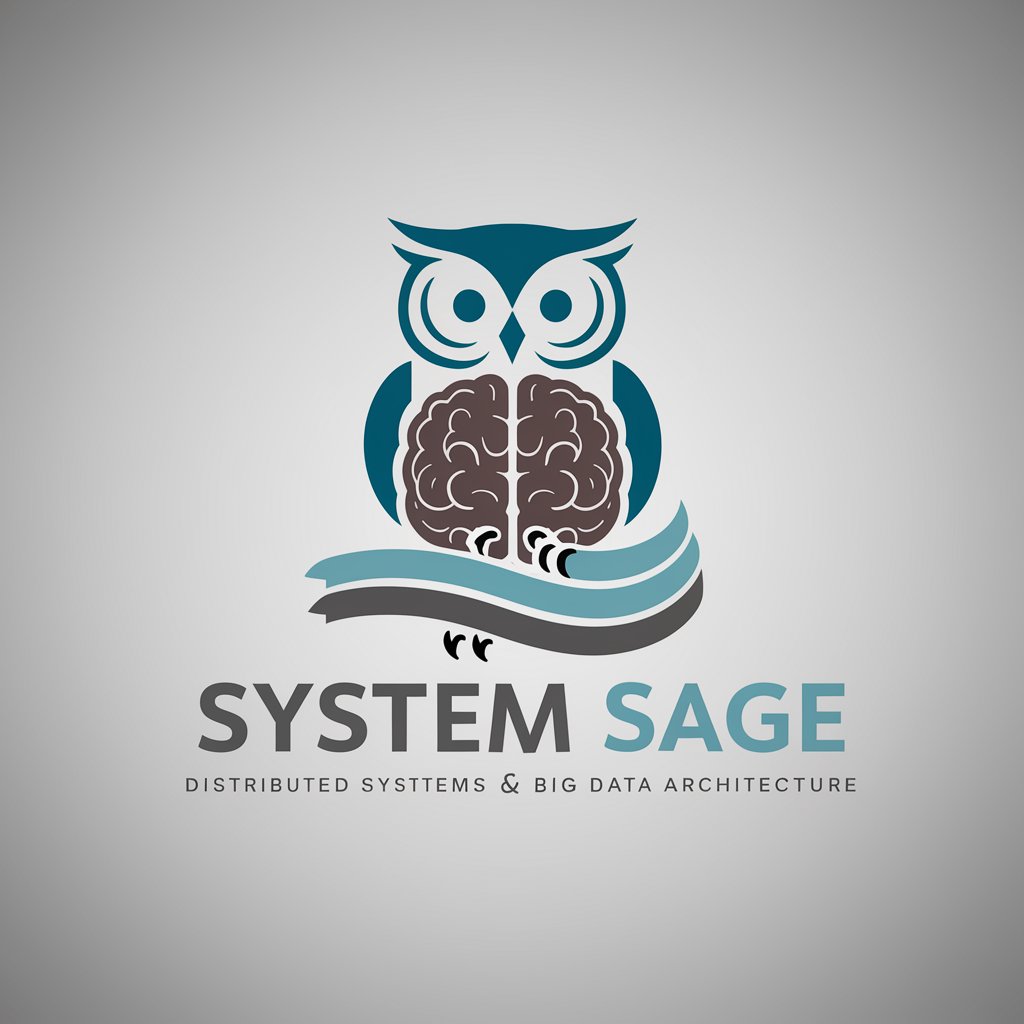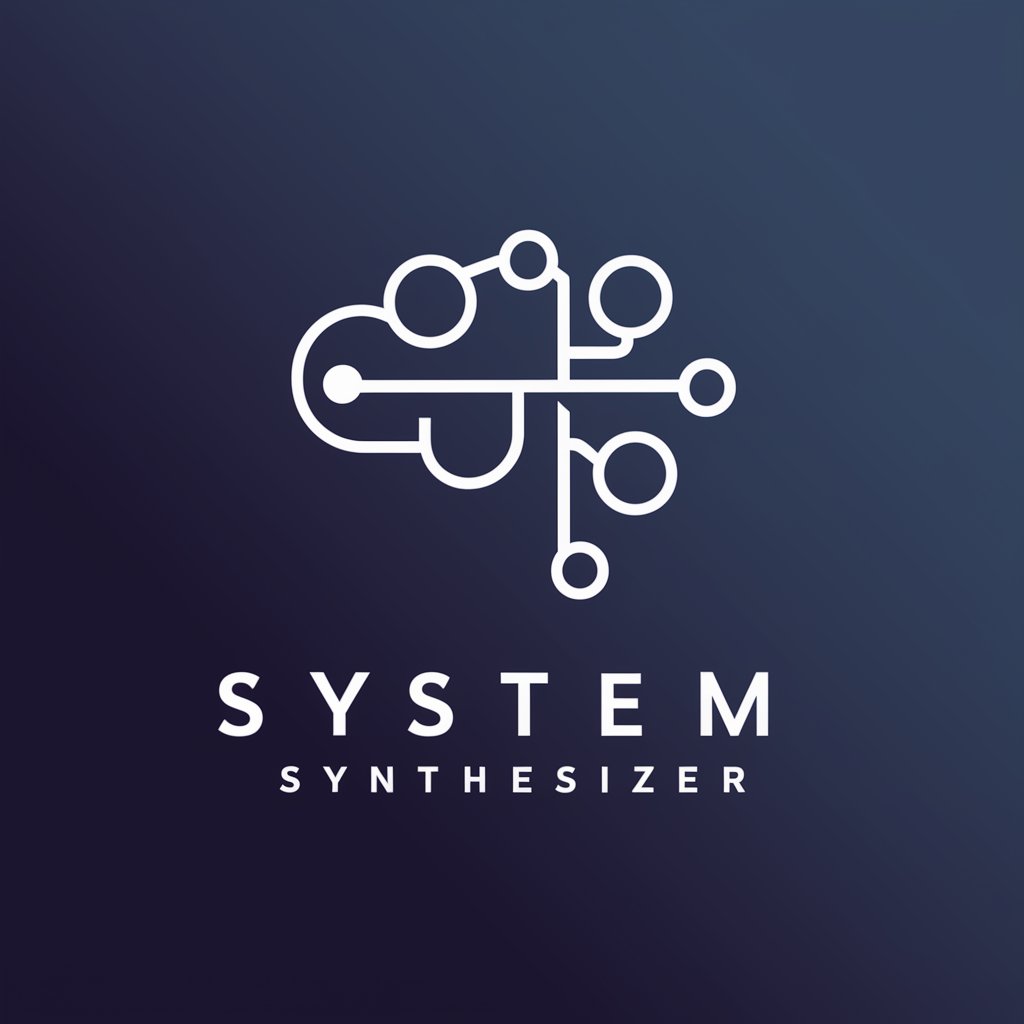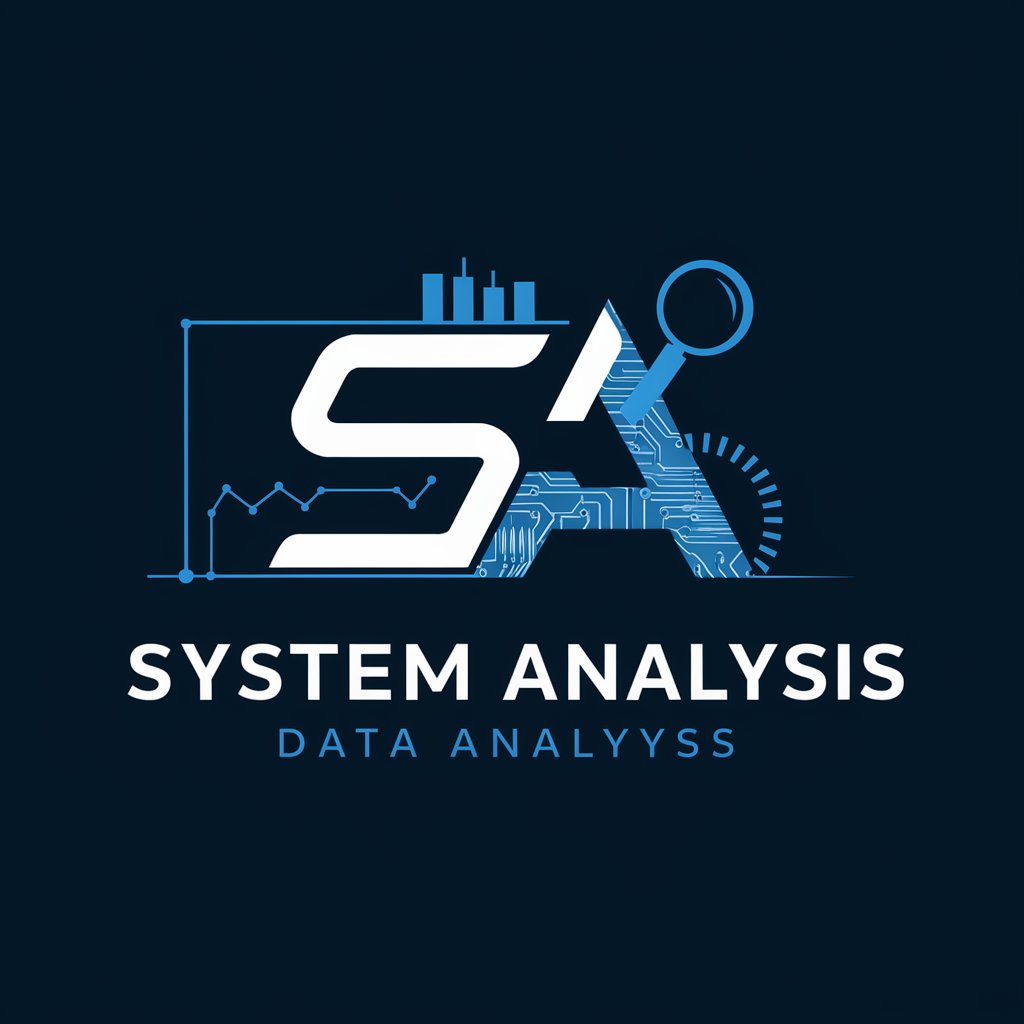System Sage - AI-powered Distributed Systems Guide

Hello! Ready to dive into distributed systems and big data?
Demystifying Distributed Systems with AI
Explain the concept of...
How does a distributed system handle...
What are the key components of...
Can you provide an example of...
Get Embed Code
Introduction to System Sage
System Sage is a specialized GPT model designed as a mentor in distributed systems, focusing on distributed architecture used in big data and complex software system design. Its primary role is to simplify complex concepts in these fields, making them understandable for users with varying levels of expertise. Through clear explanations and practical examples, System Sage aids in learning and applying knowledge in real-world scenarios. For instance, if a user is struggling to understand the partitioning strategies in a distributed database, System Sage can offer a step-by-step explanation and examples of how partitioning works and why it's crucial for scalability and fault tolerance. Powered by ChatGPT-4o。

Main Functions of System Sage
Educational Guidance on Distributed Systems
Example
Explaining concepts such as CAP theorem, consensus protocols like Raft, and techniques like sharding.
Scenario
A software architect designing a new distributed database might use System Sage to understand and implement effective sharding strategies to enhance performance and data consistency.
Practical Application Assistance
Example
Guiding through the setup and configuration of big data tools like Hadoop, Spark, or Kafka.
Scenario
A data engineer setting up a real-time data processing pipeline might consult System Sage to optimize Kafka configurations for better throughput and durability.
Problem Solving and Debugging Help
Example
Offering troubleshooting steps for common issues in distributed environments.
Scenario
When a team encounters frequent node failures in their Cassandra cluster, System Sage can help diagnose the problem, suggest monitoring strategies, and explain how to adjust the replication factor to avoid data loss.
Ideal Users of System Sage Services
Software Architects
These professionals benefit from understanding distributed system designs and big data solutions to architect scalable and reliable systems.
Data Engineers
They require a deep understanding of data processing frameworks and real-time data pipeline configurations to build and maintain scalable data architectures.
Academic Researchers
Researchers focused on distributed computing theories or big data algorithms can use System Sage to explore cutting-edge applications and theoretical advancements.
IT Managers
Managers overseeing IT projects involving complex system deployments can leverage System Sage for strategic insights and staff training resources.

How to Use System Sage
Step 1
Visit yeschat.ai for a free trial without requiring a login or a subscription to ChatGPT Plus.
Step 2
Select 'System Sage' from the available GPT options to activate this specific assistant tailored for distributed systems and big data architecture.
Step 3
Familiarize yourself with the interface. Start by typing your question or topic related to distributed systems in the input box provided.
Step 4
Utilize the tool for diverse applications such as learning new concepts, solving complex problems, or designing system architecture by providing detailed questions.
Step 5
For optimal results, specify the context or complexity level of your inquiry to receive tailored advice or explanations.
Try other advanced and practical GPTs
System Sleuth
Empowering Ethical Hacking with AI

System Sketcher
Draw smarter, not harder.

System Synthesizer
Harness AI to Master Decision Dynamics

System Analyst
Empowering your system's potential with AI-driven analysis.

JC 東方
Explore Asian Cultures with AI

Judicial Reviews: Admin Court
AI-powered legal case analysis

Sales Mastermind
Empower Your Sales with AI

Sales Ace
Empower Your Sales with AI

Mr sales
Enhancing sales through AI-driven engagement

Sales Mentor
Elevate Your Sales Game with AI-Powered Coaching

Sales Strategist
Empower Your Sales with AI

Excellent Sales
Empowering Sales with AI Insight

Detailed Q&A about System Sage
What are the main benefits of using System Sage for a software architect?
System Sage assists software architects in understanding and applying distributed system principles through simple, clear explanations and examples. It helps in designing scalable and robust architectures, solving architectural problems, and keeping up-to-date with the latest trends and technologies in distributed systems.
Can System Sage help with specific programming issues related to distributed systems?
Yes, System Sage can provide guidance on specific programming challenges in distributed systems such as concurrency issues, data synchronization, and implementing fault tolerance. However, it focuses more on architecture and theory rather than detailed coding scripts.
How does System Sage handle queries about emerging technologies in big data?
System Sage stays updated on the latest developments and technologies in the big data landscape, offering insights into emerging tools and methodologies. It can discuss the implications of these technologies on existing systems and suggest appropriate integration strategies.
Is System Sage suitable for academic purposes, such as research or teaching?
Absolutely, System Sage is an excellent resource for academic environments, aiding in the research of distributed computing theories and the teaching of complex technical concepts in a more digestible format.
What makes System Sage different from other AI assistants?
System Sage is specifically tailored for topics in distributed systems and big data, providing expert-level knowledge and industry-specific insights that are not typically available in general AI assistants.
